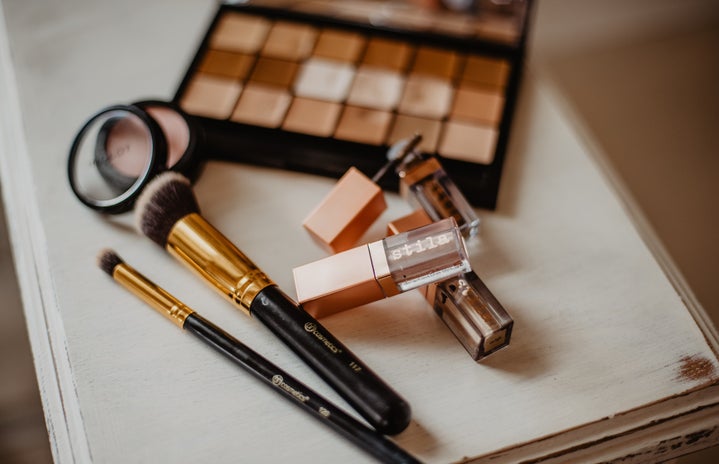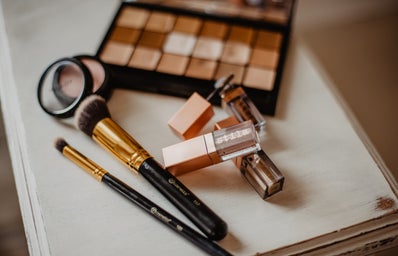For the past couple of weeks, several beauty brands like Colourpop, NYX Professional Makeup, Morphe, and Maybelline have all created new packaging for part of the Make It Black campaign, which was started by the founder of Uoma Beauty, Sharon Chuter. When racial tension skyrocketed last year, Chuter, a Black woman, started the #PullUpOrShutUp campaign, calling out for brands to post the number of people of color at their companies, with shocking results. This opened up people’s eyes to the beauty brands they adored, and showed the reality of their workforce diversity–or lack thereof. The social media campaign trended online with many brands participating in the hashtag, such as Revlon, Sephora, e.l.f cosmetics, and Tarte. All of this culminated in Chuter’s founding of the Pull Up or Shut Up organization, which is determined to hold all beauty brands accountable.
The start of this accountability began this month, Black History Month. Several of the aforementioned brands amongst others are taking part in this Make It Black campaign and rebranding their packaging to a matte-black color, inviting people to see the color black as fashionable, trendy, and chic. One hundred percent of the proceeds from this campaign will go to Pull Up for Change’s Impact Fund, which looks to support Black-owned businesses and let them pitch their ideas so that the public can decide what they want to see.

I’m also afraid that changing the packaging will not change how these brands’ internal structures work or their hiring process. All that glitters isn’t gold, after all. Changing the packaging is such a small, simple step that might not even continue past February. If brands aren’t actually changing their products or adding to them, it doesn’t seem worth it. It feels like a lot of hashtags and vague statements instead of actual work. I hope that this isn’t the case, and that brands are willing to not just give money to support Black-owned businesses and creators, but also change how their own infrastructure works to allow for more diversity within the company, as well as in their own products. Either way, I feel like brands have become more conscious of the products they are putting out, because people are more willing to publicly criticize brands for non inclusive ranges. This can only be seen as a good thing, and will hopefully pave the way for a future where everyone can see themselves represented in the beauty industry.



